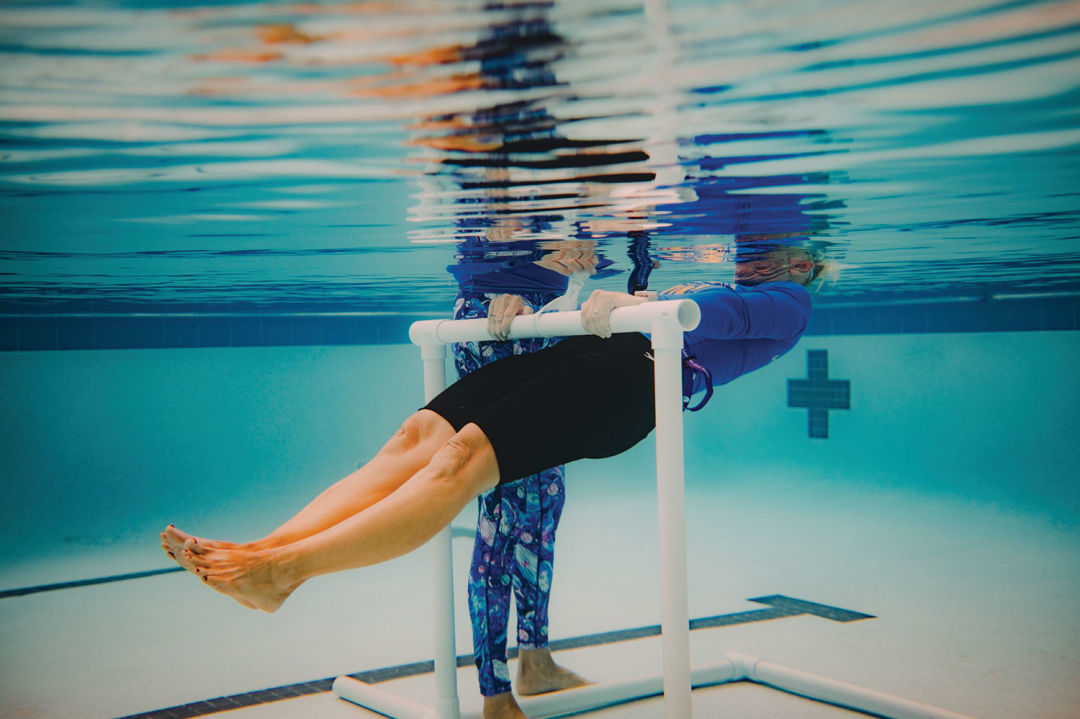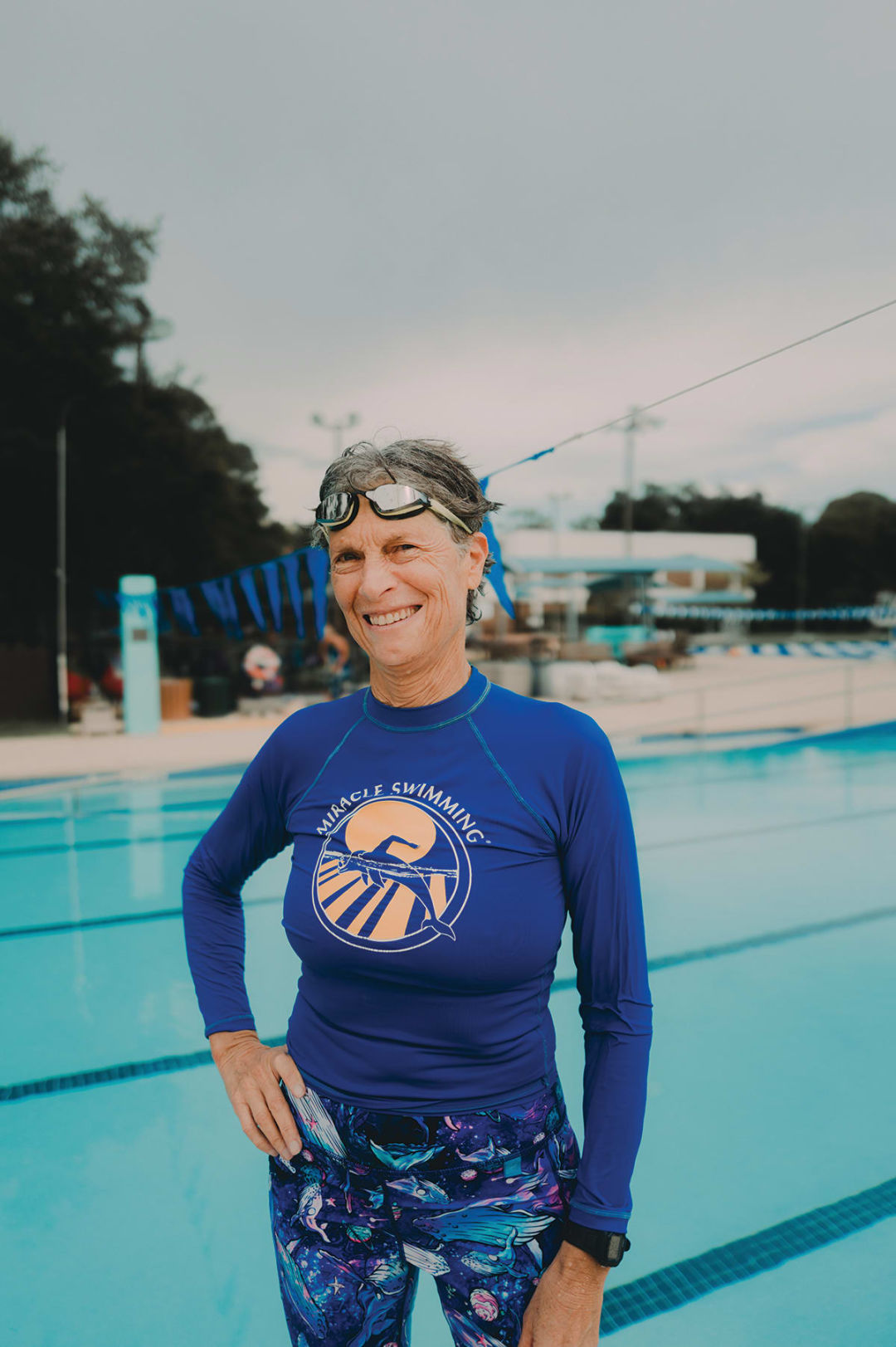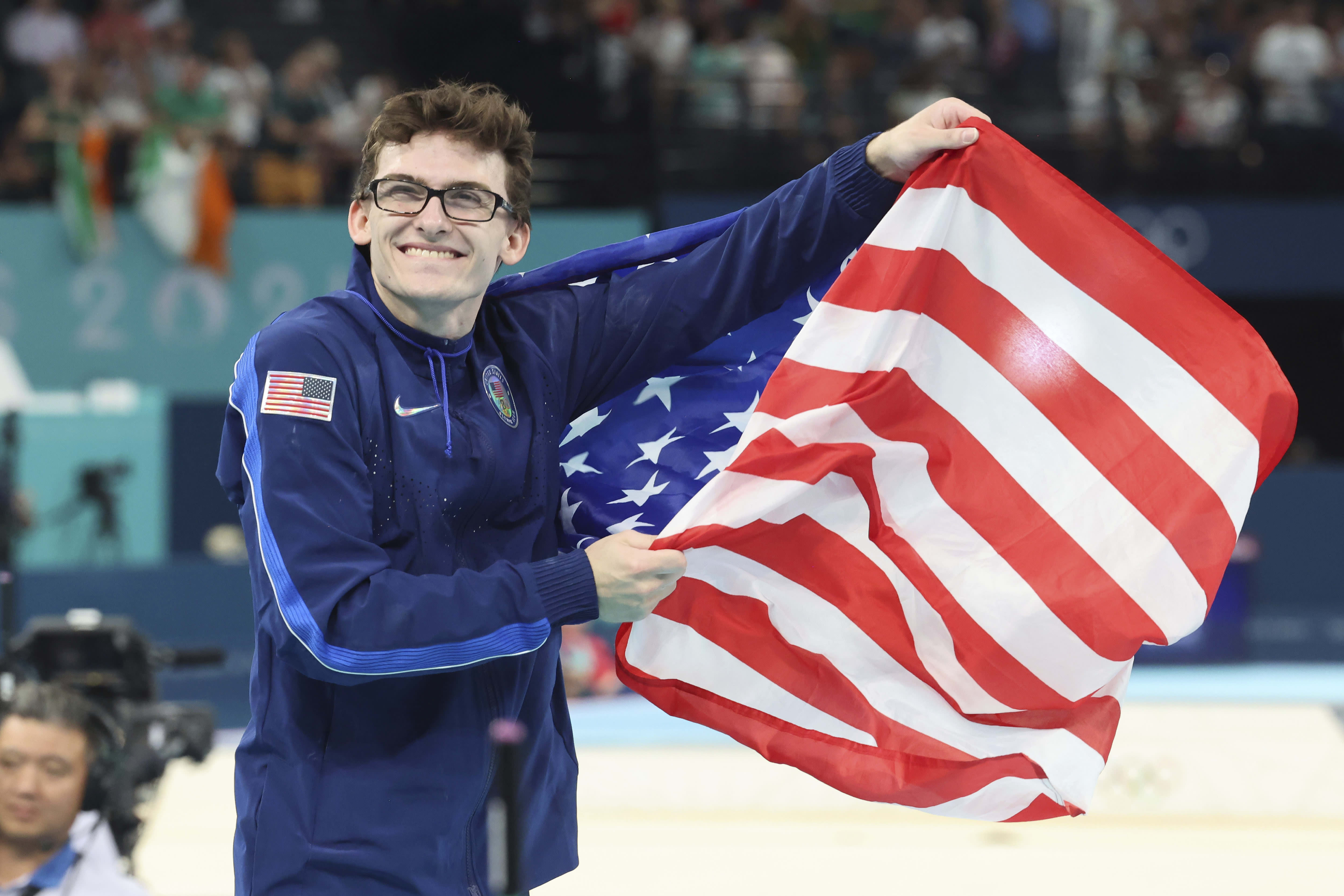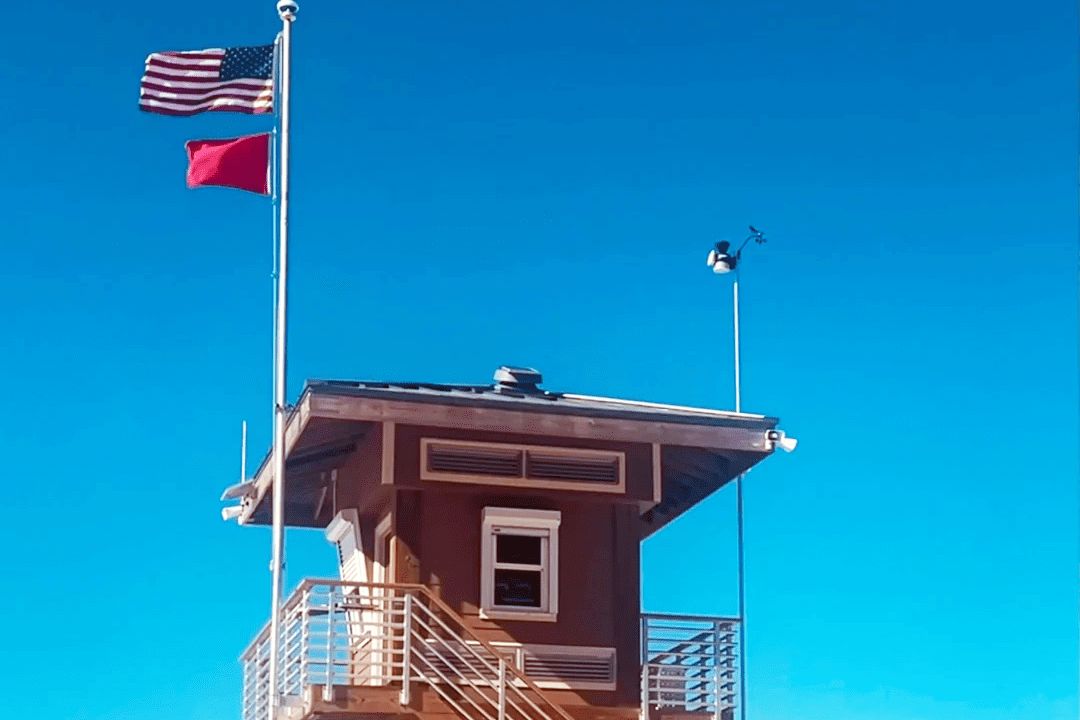Miracle Swimming Focuses on Mindfulness, Comfort and Confidence to Teach Adults How to Swim

Image: Everett Dennison
Dr. Jan Lewis, 66, used to be what she calls a “lifelong non-swimmer.”
“Neither of my parents swam,” she says. “There were no pools in our area in Pennsylvania, and my parents told us we didn’t have the right body type to ever learn how to swim. As I grew up and moved out, I found that everybody knew how to swim. I would hang out in the shallow end, but I missed out on snorkeling and all sorts of fun stuff.”
Lewis’ situation is hardly uncommon. According to the American Red Cross, 54 percent of American adults can’t complete basic swimming tasks, like floating or treading water for at least one minute, or swimming 25 yards to an exit and getting out of the water—all vital for safe swimming. And after decades of declines, drowning deaths are rising again, according to the Centers for Disease Control and Prevention.
As an adult, Lewis says, it felt “embarrassing” to not be able to swim with her children. “Even worse, it was dangerous. I always made sure there was another adult around who knew how to swim when my kids were in the pool,” she says.
Then, she says, something “miraculous” happened. She learned about a company called Miracle Swimming through an advertisement at Sarasota Bradenton International Airport. “I filed it away in my head until I felt like I was ready,” she says. “I don’t know what took me so long.”

Image: Everett Dennison
When the time finally did come, at age 60, Lewis called owner Melon Dash to start swimming lessons in a small group of eight students, all adults. “It’s amazing what having someone listen to what you’re saying about panicking in the water, and not thinking you’re silly, can do for learning,” says Lewis.
Dash, 69, started her first swim school in 1983. “I was born to teach people how to swim,” she says. “When I was little, my mom recognized I was pretty good in the water and [encouraged] me to join the swim team. I’ve barely gotten out of the pool since. This is in my DNA.”
Miracle Swimming, which offers lessons in various locations, differs from other programs by not placing kids and adults together. “Our brains are different from children’s,” says Dash. “The best way to teach an adult to be successful in the water is to teach them how to feel safe, how to feel like they’re not going to die.” While swimming lessons for kids focus on teaching specific strokes and techniques, Dash says that approach can be “damaging” for adults.
Dash’s methods are centered around mindfulness, comfort and staying calm. “We start every class with an hour on land to talk about our fears and concerns and how to alleviate them,” she says. “Then we get in the water and we focus on staying present. As soon as they become uncomfortable, we encourage them to come back to where they were when they were comfortable. Usually, that’s holding onto the wall until they’re ready to try again.”
Dash says her students have all tried other lessons before reaching out to her. “They’ll say, ‘My teacher was nice, but they didn’t know what to do with my fear,’” she says. “Many have had a scary experience in the water and almost all had a parent who didn’t know how to swim and was afraid of the water. They’ve failed at learning strokes, so they think they can’t learn how to swim.”
In addition to leading classes, Dash has also written a book and invented a patented apparatus called the Aquatic Learning Station (she calls it “the Gizmo”) that keeps students tethered to a PVC archway as they learn to float. “The Gizmo allows students to start learning how to swim virtually, without us,” says Dash. “It was vital during Covid-19. It allowed us to continue to teach students around the world, and they can feel safe because they’re attached to it as it rests on the bottom of the pool. The top bar pokes out over top of the water and gives them something they can grab onto if they start to panic.”
These days, Lewis assists Dash as a spotter during Miracle Swimming lessons. “Now I love swimming,” says Lewis. “I can jump off the boat and into the water, I can tread water for as long as I like, and to be honest, I can swim better than my adult kids. Melon’s methods go into other areas of my life now, realizing that comfort comes from confidence and that your confidence comes from being supported while you’re learning.”
For more information about Miracle Swimming, call (941) 921-6240 or visit miracleswimming.com.



